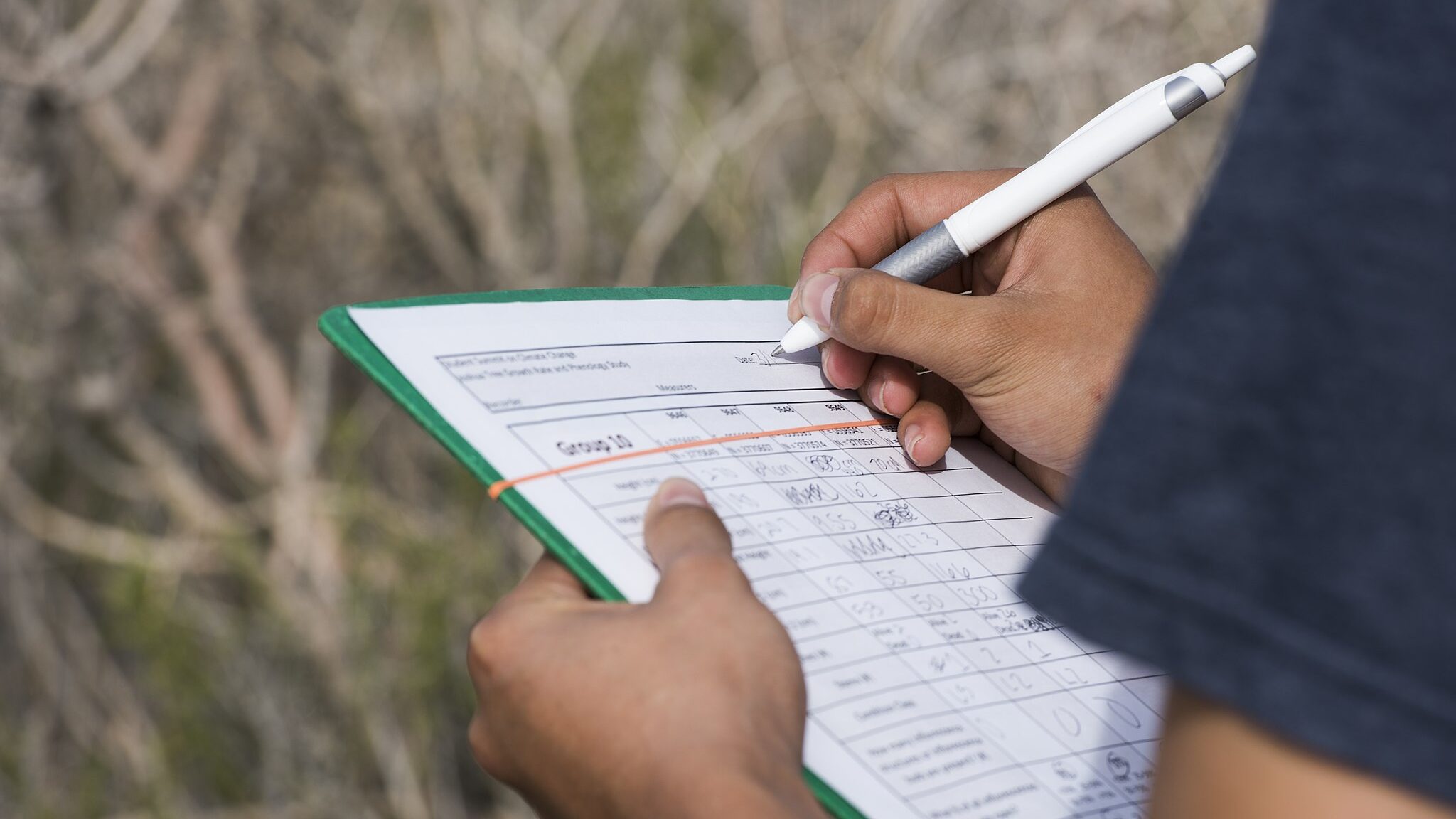
Kawsay Ñampi (Way of Life)
Conservation and Preservation of the Living Forest, Indigenous Kichwa People of Sarayaku, Amazonia, Ecuador
A research team from the University of California-Merced is supporting an innovative climate change mitigation project led by the Kichwa Indigenous People of Sarayaku. This project, named Kawsay Ñampi which means Way of Life in the Kichwa language, promotes the governance, protection, and preservation of Kawsak Sacha (the Living Forest). It also supports Sarayaku’s traditional land use practices, which have long-term ecosystem, biodiversity and community benefits. Kawsay Ñampi is based Kawsak Sacha, on a comprehensive proposal implemented and managed by Sarayaku to keep their territory free of extractive activities and to continue living in harmony with Pachamama. Along with the multiple environmental benefits of the project supported by Sarayaku’s way of life, the implementation of Kawsay Ñampi will serve to generate real climate benefits. These benefits arise from preventing deforestation linked to extractive activities, including oil development in their territory, which also provides the added climate advantage of keeping fossil fuels in the ground.
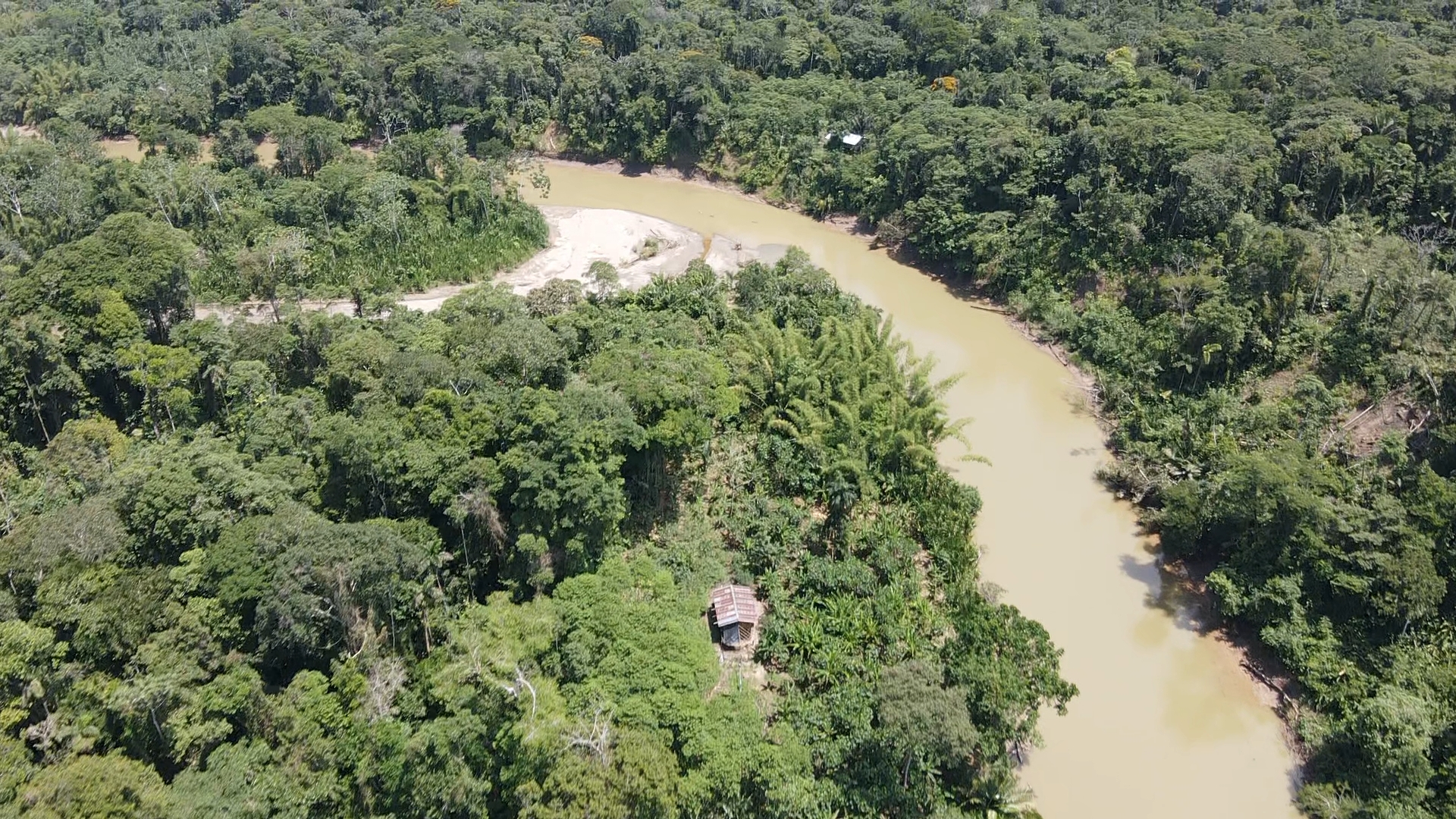
In addition to contributing to the protection of forests and biodiversity, the Kawsay Ñampi project involves strengthening the capacities of a community-based territorial surveillance and monitoring technical team that will rely on ancestral ecological knowledge and appropriate technologies to monitor biodiversity and forest health, detect disturbances and threats to the ecosystem, and control intrusions into the territory. The Kawsay Ñampi project aims to support and reinforce the efforts of the Sarayaku people to keep their territory free of fossil fuel exploitation, ensuring that their community monitoring systems are backed and strengthened financially, structurally, and technically. This includes recognition of the forest guards, monitoring and reporting systems, capacity building, along with the use of tools such as camera traps, GPS, remote sensing, drones, and land use change platforms such as Global Forest Watch to improve their ability to detect hazards and better care for the Living Forest. In doing so, deforestation associated with extractive activities will be avoided, keeping forests intact, which will reduce carbon emissions and generate climate benefits.
The income from this project will directly support the Living Forest proposal as well as the implementation of Sarayaku's Life Plan. This Life Plan for holistic community development is based on the knowledge and life principles of the Kichwa Peoples that integrates social, cultural, ecological, economic, and spiritual values. Kawsay Ñampi aims to articulate the objectives of Sarayaku's Living Forest proposal and Life Plan with a more ethical approach to climate change mitigation.
To this end, the project will not be developed as carbon offsets (aligned with the recent shift of the UC from a carbon-neutral climate strategy to decarbonization) but will use a model of contributions based on principles of climate justice. This means the project addresses the primary commercial drivers of deforestation in the region and provides a fair return to the Sarayaku People for their stewardship and protection of the Amazon rainforest and therefore their fight against climate change. Discussed under Article 6.8 of the United Nations Framework
Convention on Climate Change as a non-market approach, contributions cannot claim carbon neutrality, although the climatic benefits in tons of carbon may still be accounted for. Instead, as part of a contribution model aligned with climate justice, the financial entity would affirm that its investment supports and contributes to equitable climate change mitigation projects led by Indigenous Peoples and local communities.
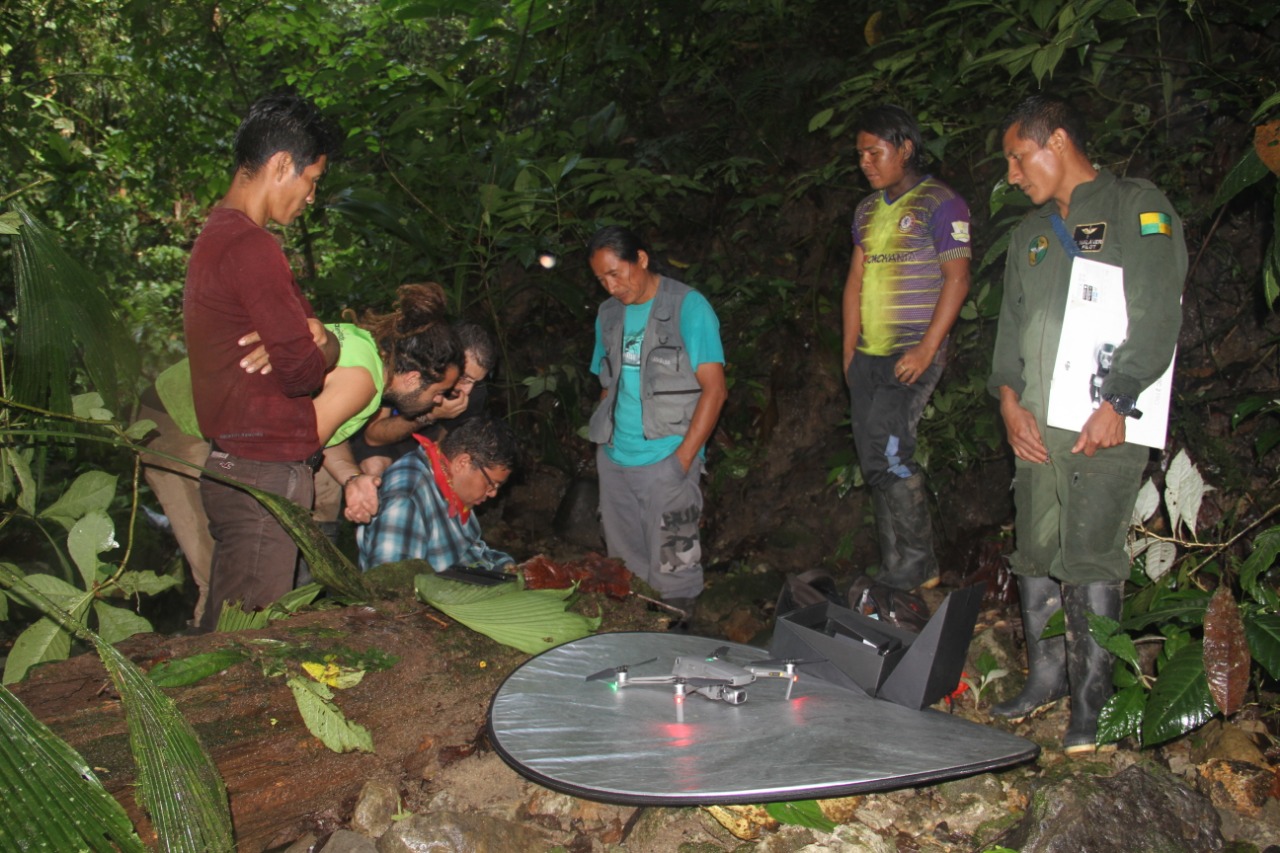
The Kawsay Ñampi project was developed by the Sarayaku technical team in collaboration with the UC research team. It was discussed and analyzed in community assemblies and in the Governing Congress of the Sarayaku People, socialized in the communities following traditional norms in Guayusa Upina ceremonies (Amazonian Tea Ceremony), and falls under Sarayaku's autonomous law of prior free and informed consent.
Project Team
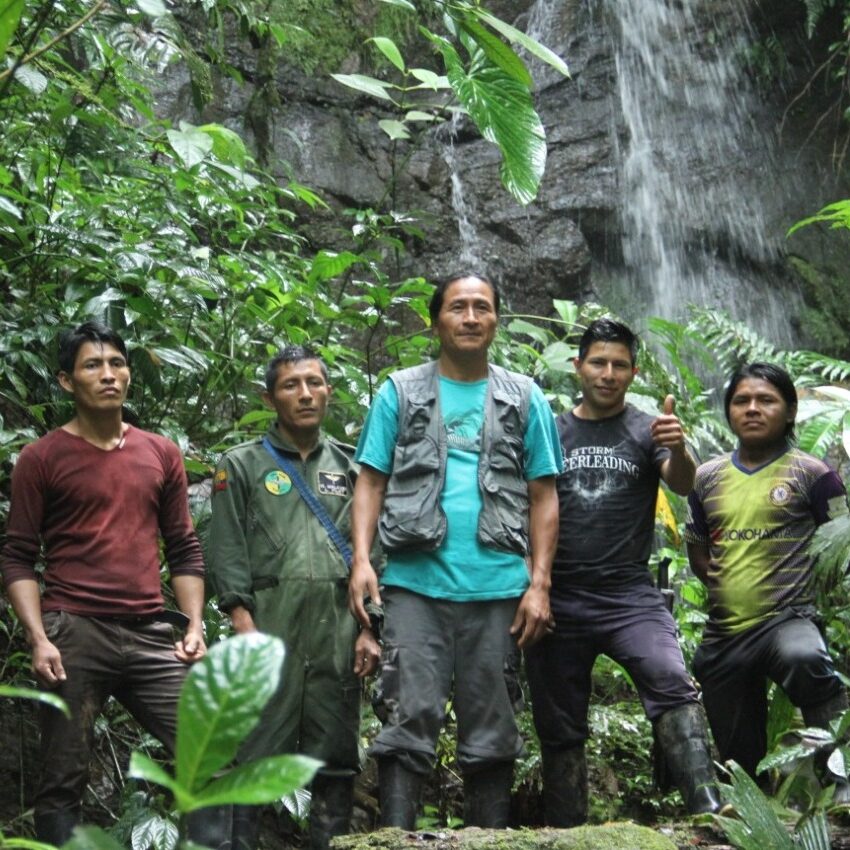
Kichwa Indigenous People of Sarayaku – Tayjasaruta
Project Advisor and Initiator
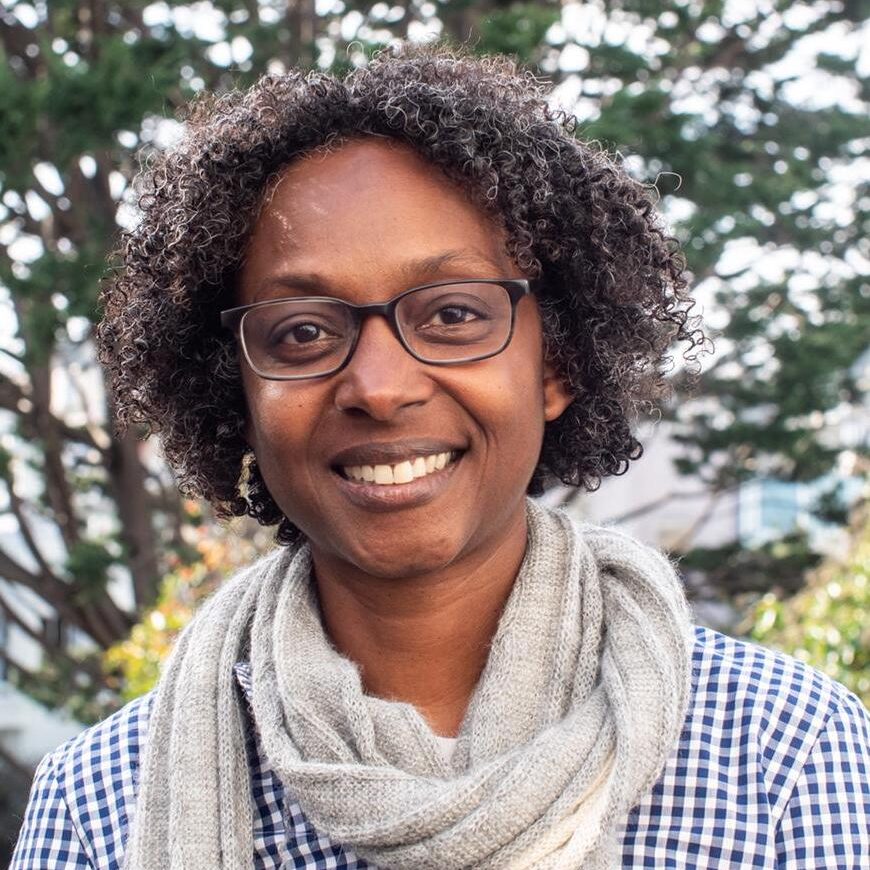
Tracey Osborne
University of California's Project Coordinator
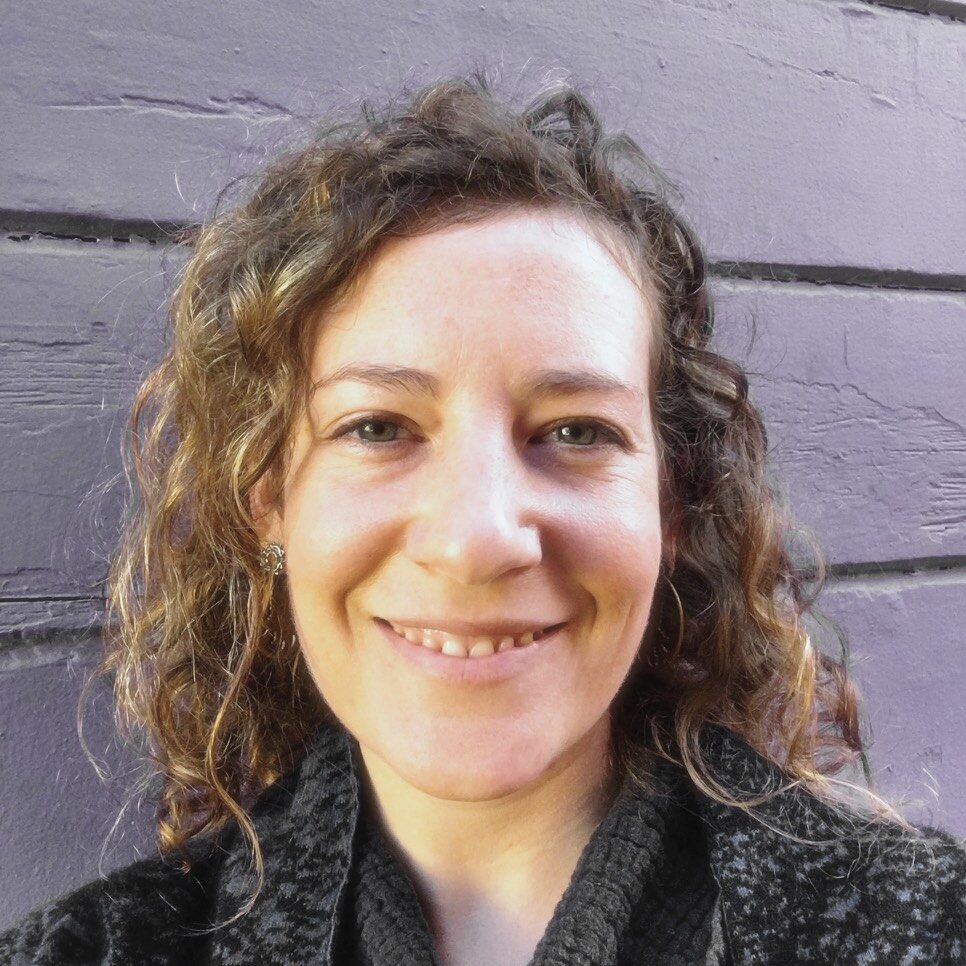
Laura Dev
Collaborator

Rainforest Foundation US

Plan Vivo
